Food and Faith


Christianity and Lent
Lent marks the 40 days leading up to Jesus's death and resurrection. During this time, many Christians give up specific foods or actions to reflect on Christ's life, suffering, and sacrifice. Catholics generally don't eat meat on Ash Wednesday, Good Friday, or any Friday during Lent, but they do eat fish. Some Christians give up something they enjoy, like chocolate, potato chips or coffee for the 40 days.

Celebrating Easter
After the many weeks of Lent, Easter, which marks the resurrection of Christ, is usually celebrated with a big family meal. It often includes eggs, hot cross buns, and lamb or ham. Eggs symbolize rebirth and rejuvenation. People dye them bright colors and hide them as part of an Easter egg hunt, or they put deviled eggs or egg salad on the menu. Candies like jelly beans and chocolate bunnies are also part of Easter traditions.

Keeping Kosher
Some Jews follow dietary rules that prohibit certain types of food, such as pork or shellfish. Meat must come from animals that are slaughtered according to kosher law. And people who keep kosher don't eat dairy and meat at the same meal. To avoid getting them mixed together, families have separate pots, dishes, and utensils for meat and dairy.
The rules of keeping kosher are based on the Torah, the Hebrew Scripture, and have been used for more than 3,000 years.

Passover
The eight-day Passover holiday marks when the Israelites were freed from slavery in ancient Egypt. The highlight is a seder, a festive meal that begins with a retelling of the departure of the slaves from Egypt. Jewish families eat foods that symbolize the Passover story, including matzo (unleavened bread) and maror (bitter herbs).There is also a special plate on the table that has symbolic foods that are displayed but not eaten, like a singed egg and lamb shank bone.
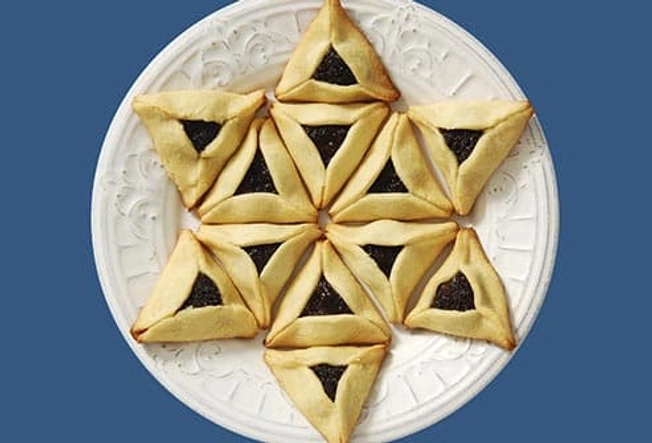
Yom Kippur and Purim
In Judaism, Yom Kippur, the "Day of Atonement," is the holiest day of the year. It's observed with 26 hours of fasting. Another Jewish holiday, Purim, involves sending gifts of food to friends that can include hamantashen -- triangle-shaped cookies filled with jam or spreads made from prunes or poppy seeds.
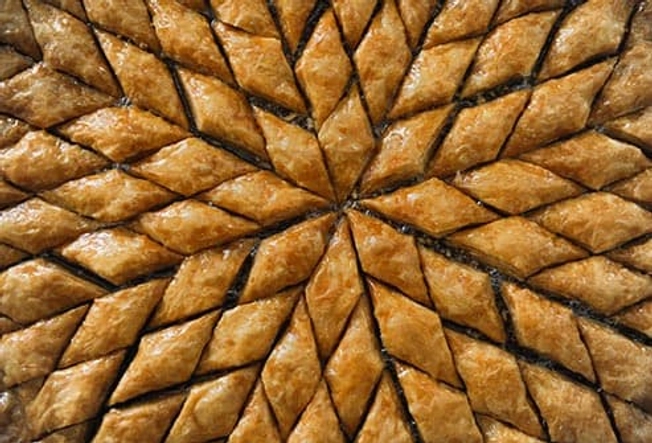
Halal and Haram
Islamic teachings say Muslims can eat only foods that are halal, an Arabic word meaning "lawful or permitted." The Quran teaches that animals should be well cared for and treated with respect, so while you can eat meat, the animal must be properly slaughtered, with the blood drained. Foods that are not permitted are called haram, and include pork, anything with animal blood, and any animal not slaughtered for food. Alcohol is also considered haram.
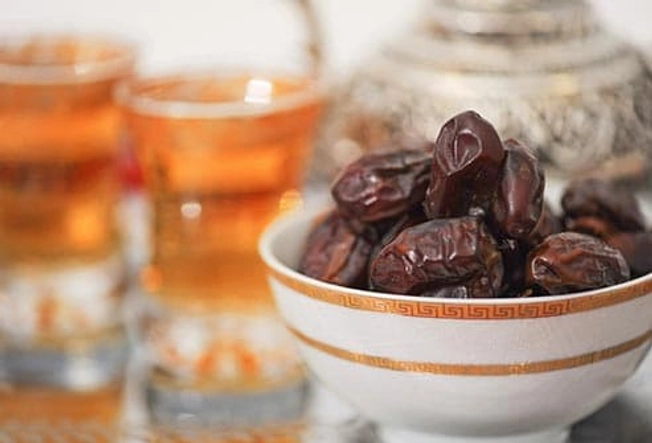
Ramadan
Fasting during Ramadan is one of the five pillars of Islam. The monthlong holiday is a time to worship and to strengthen family and community ties. Each day, people don't eat from dawn to sunset. It's common for Muslims to have a pre-fast meal (suhoor), and to snack on a few dates at sunset followed by a post-fast meal (iftar), which is often shared with family and friends.

Eid al-Fitr
Muslims celebrate the end of Ramadan with a festival called Eid al-Fitr. During the last days of the month, Muslims donate money to the poor to make sure they, too, can have the holiday meal. Specific foods vary by region or country. Candies and pastries are a big part of the tradition.

Mormonism
Faithful members of The Church of Jesus Christ of Latter-day Saints don't drink alcohol, caffeinated teas, or coffee. The religion also focuses on self-reliance, and many Mormons practice food storage in case of emergency, such as a natural disaster or job loss. Many Mormons also observe "Fast Sunday," a time of prayer and reflection on the first Sunday of every month, when they don't eat or drink. They're encouraged to donate to the church the amount they'd have spent on food.
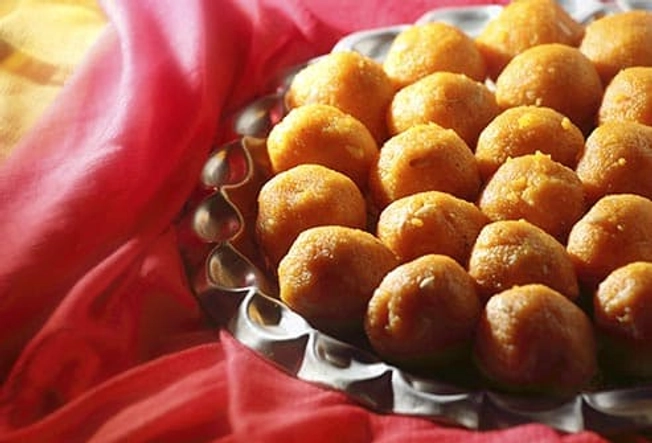
Hinduism
In Hinduism, eating meat generally hasn't been approved and was seen as something that the faithful could avoid. But today, some Hindus eat meat, fish, poultry and eggs, depending mostly on geography, social and religious festivities, and community traditions.
The cow is still sacred, because it's a source of milk, and eating beef is strongly disapproved.
Some conservative Hindus may not eat garlic and onions.
Diwali, a major festival, marks the New Year, when people exchange sweets like motichoor laddoo, made with cardamom, pistachios, and saffron.

Buddhism
Buddhists believe in reincarnation, and one of the religion's basic tenets is "Do no harm." As a result, they don't kill animals. Many are vegetarian because they believe eating meat or fish is bad for their karma -- a belief that the good and bad you do affect your soul. Festivals for the birth, enlightenment and death of Buddha may be observed separately, or combined into one day of celebration.
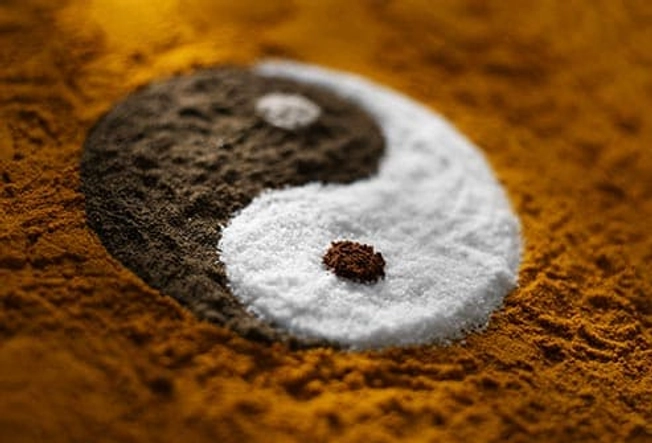
Other Religions and Food
Many other religions practice vegetarianism. Many Rastafarians eat food that is Ital, which means it's free of chemicals and preservatives. They don't eat canned foods, or drink coffee, milk, or alcohol. Followers of Taoism view nature as sacred, so many choose to be vegetarians, even though eating meat is OK. Jainists believe in doing no harm to fellow creatures or the environment, and many eat a strict vegetarian or vegan diet.